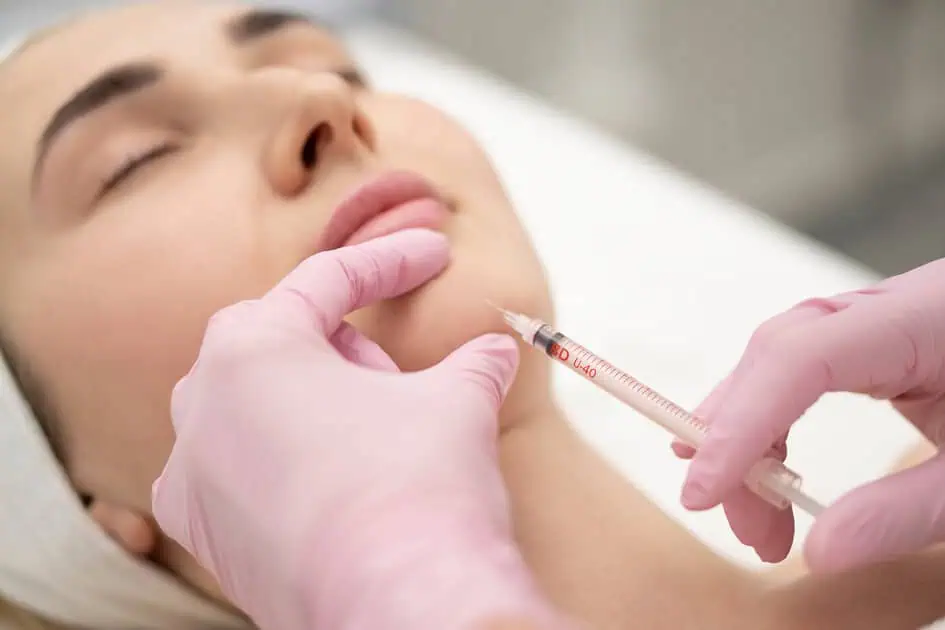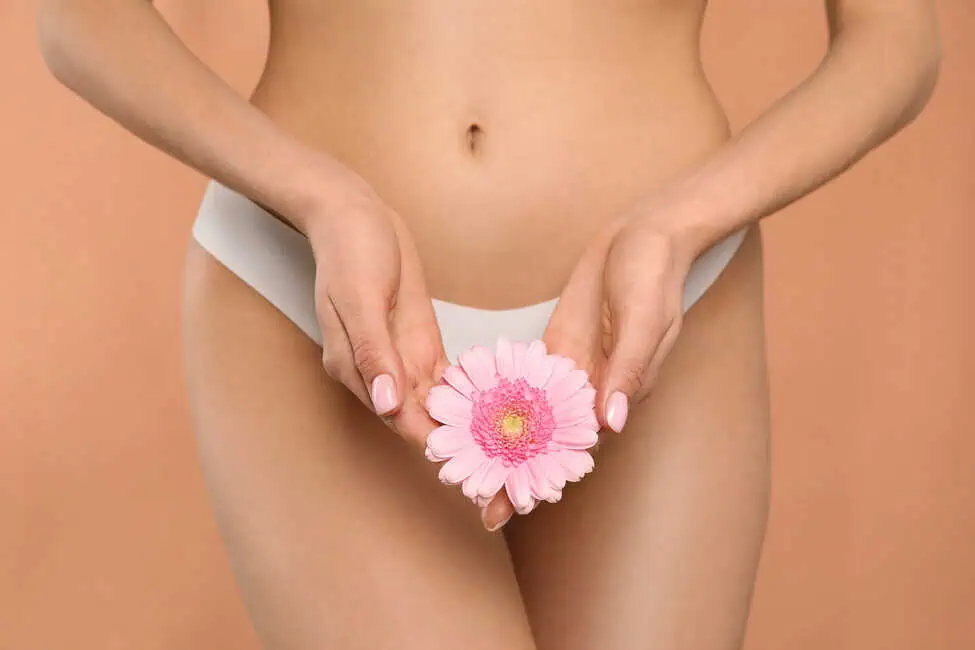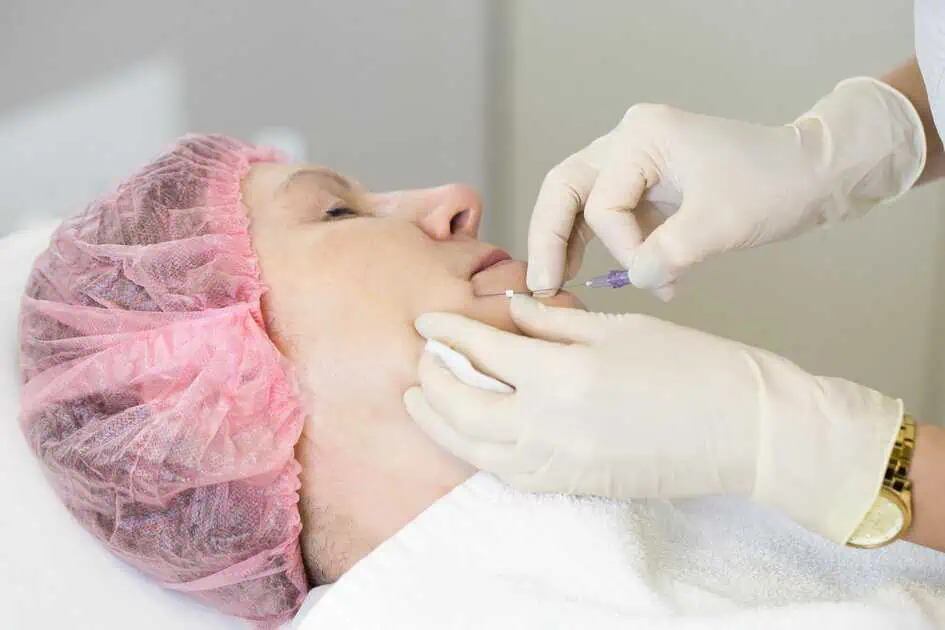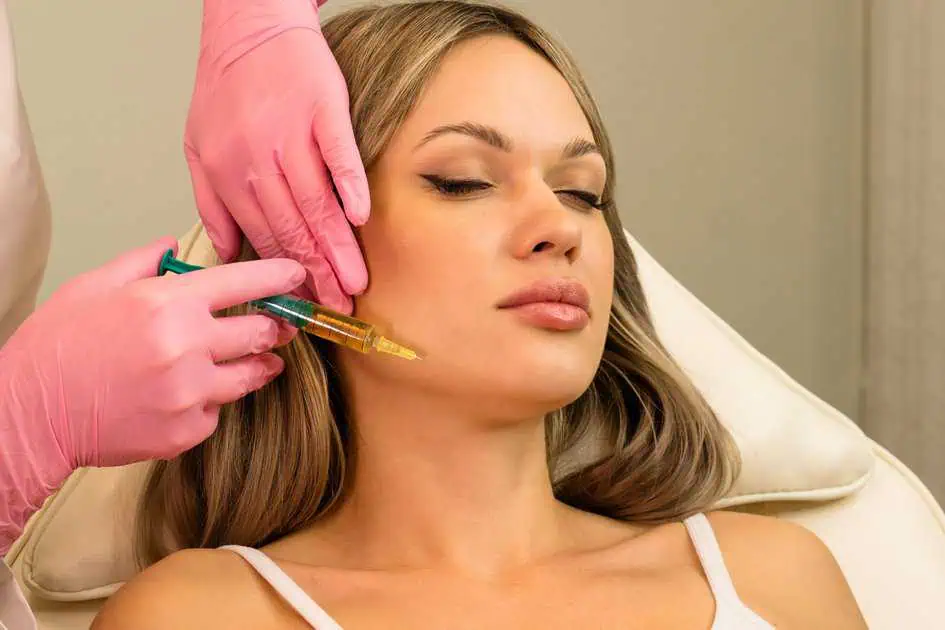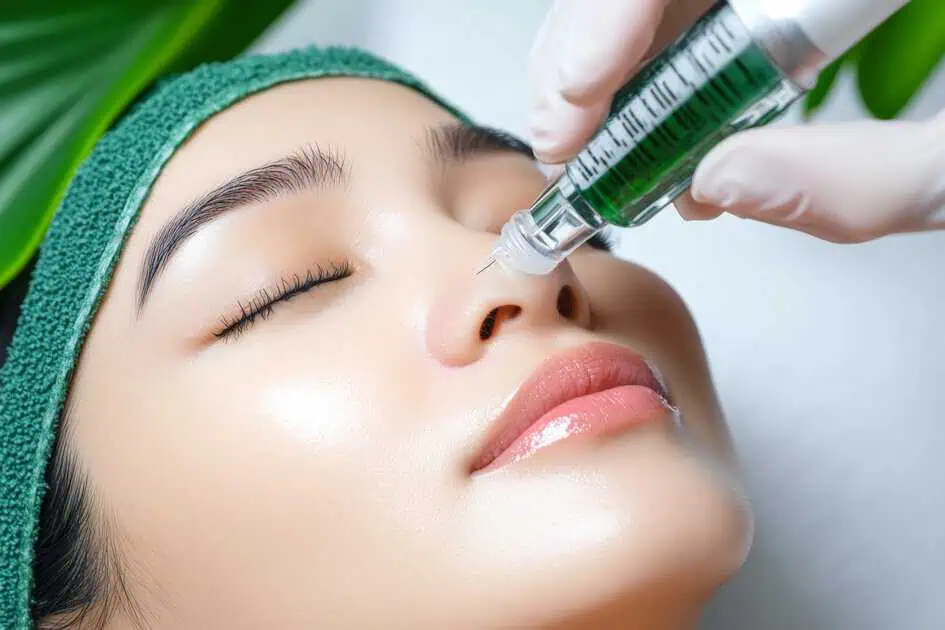If you wonder if feeling beautiful can improve your mental health, read these insights from Youthology.
What Is Subjective Well-Being?
Having a positive outlook on oneself, referred to as subjective well-being, is linked to both short and long term health benefits. People with subjective well-being often have better sleeping and eating habits, visit the doctor more regularly, and are more likely to take care of themselves. Evidence suggests that suggestive well-being may even contribute to an extended lifespan, adding up to 7.5 years to one’s life.
Looking And Feeling Good Makes A Difference
Engaging in activities related to beauty and self-care can support suggestive well-being, which in turn leads to further self-care behaviors. This cycle of thought and action can create a pattern of personal habits that improve overall well-being.
For instance, those with a positive attitude tend to have a more confident body language, make eye contact, and take time to take care of themselves. This includes activities such as exercising, taking a bath, or getting a manicure and pedicure, which can help one to relax and feel more confident. This, in turn, reinforces suggestive well-being.
The concepts of suggestive well-being and self-care are also important in how they create and encourage a beneficial cycle of increased well-being. When people with suggestive well-being continue to take care of themselves, this creates a cycle of cognitive and behavioral processes which maintains the connective between health and beauty and keeps the cycle going. Self-care and relaxation creates a positive attitude, which promotes better health, and thus increased attractiveness. This increased attractiveness results in positive feedback from peers and loved ones, thus reinforcing self-care and relaxation, and so on.
As you can see, positive behavior and attitude can lead to better interpersonal experiences. Giving compliments and positive feedback on someone’s appearance can help them have a better sense of self-worth, and encourage them to continue taking care of themselves.
Stress Reduction And Longevity
Setting aside time to take care of yourself and relax is also crucial to stress relief. For years now, scientists have been aware that relaxation can increase oxygen consumption, respiratory rate, blood pressure, and overall feelings of wellbeing. Conversely, tension can have the opposite effect. Recently, researchers have started to understand the biology behind this phenomenon. Studies have shown that people who take the time to relax produce less cortisol, a hormone related to stress which can affect cardiovascular function and the body’s utilization of fats, proteins, and carbohydrates.
The relaxation response has been shown to have a positive effect on the body at the cellular level, activating what scientists call “disease-fighting” genes. Currently, researchers are exploring how emotions affect cell growth and the impact that stress (or the lack of it) has on the aging process. Intensive meditation and relaxation activities have been proven to cause cellular changes that can increase longevity. If reducing stress hormones and promoting healthy cell growth can come from relaxing activities, it is no surprise that people who incorporate them into their daily routine experience and show signs of improved health.
Makeup And Other Self-Care Rituals Are A Mood Booster
It’s no surprise that our brains enjoy patterns and routines. It helps us make sense of the world and reduces the amount of stress we have to deal with in a day. What’s more, these routines can help bring us a sense of calm. For example, following a skincare regimen or applying morning makeup can help soothe the mind.
Going through these daily rituals may even help relieve feelings of anxiety and depression, as they give us a sense of control and accomplishment which may allow us to take our focus away from other sources of stress. Taking a few mindful minutes each day to focus on your beauty routines can be a great way to center yourself and refocus your energy.
In touching your skin as you enjoy your skincare routine and apply makeup, you can also count on your brain to release oxytocin. Once created, oxytocin can affect our emotions, which in turn affects the health of our skin. Oxytocin helps us feel calmer, decreasing our stress and anxiety levels. Stress management is essential for having healthy skin since many skin issues can be caused by too much stress, such as eczema, psoriasis, rosacea, and acne. Oxytocin helps us feel less anxious which can lower the amount of cortisol (the stress hormone) in our bodies.
Oxytocin helps our skin in an indirect way, but has a big impact nonetheless! It speeds up skin healing and strengthens our immune system, which reduces inflammation and inflammation-related skin problems like acne. All in all, oxytocin’s physiological effects lead to a healthier, better-looking complexion.
For Prevention, Restoration, And Refinement, Choose Youthology
At Youthology Medical, we strive to provide minimally invasive treatments to our clients that meet our clients’ needs and their desired results. Depending on your aesthetic goals, Dr. Grobman and our team will create the right treatment plan for your needs. If you are interested in rejuvenating your appearance and are near Melville and surrounding communities in New York, call 516-817-6423 to book an appointment.



